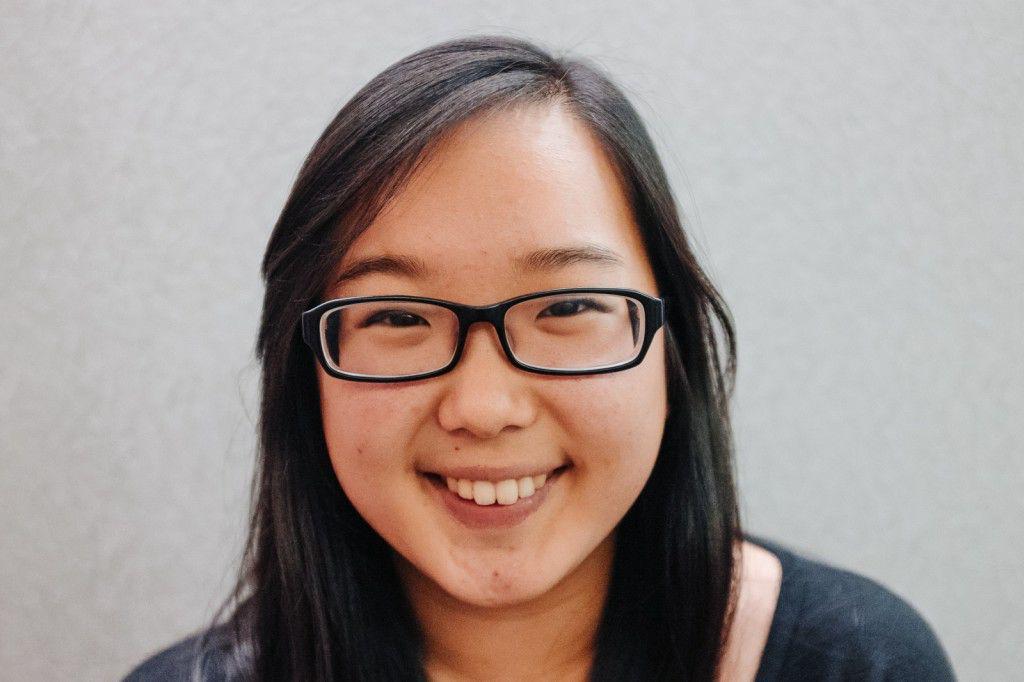Equality is a word people can often stand by, whereas feminism is a word that society has found to be unpopular. Yet, how can feminism be unpopular when it stands for equality?
I believe that I’ve always been a feminist, but it wasn’t until recently that I really found myself admitting it. There is one thing I must clarify before we move on: feminism is about women being equal to men, not better. This is not a battle of the sexes; it is about leveling the ground we stand on.
I soon began to learn that feminism was linked to the idea of being a “man-hater.” I realized that people had a misconception of what the word meant. The examples we see portrayed in the media are often ones of extremism and only depict the radical cases of feminism.
Another misconception I’ve run into is the idea that we are already equal – well, equal enough. I’ve found some people who believe women in the western world have enough rights and freedom. They see no gap between the genders. But how can that be when women are still paid less than men for the same job and most companies in the United States do not provide adequate maternity leave compensation?
I once had a man tell me that women do not get maternity leave pay because it is not beneficial to the company, that the company will lose money and business is business. But, why is a man able to have a child and not get punished, while a woman risks losing her job for her baby? This also begs the question, why aren’t fathers offered paternity leaves? They too are just as much a parent to the child as mothers are. If there is no one to fight for these rights, then issues like these will be dismissed and change will never come about.
The bottom line is that feminism is about the fight for equality among all realms (political, social, economic), a fight that both men and women should actively participate in. It really is as simple as that. On Sept. 21, Emma Watson spoke about a new campaign launched by the United Nations called HeForShe. It is a movement to recruit 100,000 men and boys worldwide to be feminists.
Watson spoke of how it is important for men to join the fight for equality because feminism is not an ideal made only for women; it is an ideal made for humans. Personally, I agree with Watson’s viewpoint on feminism. However, with the Internet being the Internet, there has been backlash to Watson’s speech.
An argument that I’ve seen the most strongly supported is that the term feminism is a woman’s word that cannot be applied to men. Calling feminism a “woman’s word” led me to reflect on the other phrases we’ve coined according to gender.
When I’ve spoken to people about pursuing a career in journalism, I have been told that it is a man’s world. When I hear of my girlfriends working hard toward their engineering or science degrees, they too have been told it is a man’s career. Men who purse occupations such as nursing or being stay-at-home dads have been penalized for doing “women’s work.”
It’s frustrating to know that there are “women’s words” and “men’s worlds” in our society’s vocabulary. What is even more frustrating is that these terms allow our society to be represented by these narrow definitions. We cannot allow an entire sex to be criticized because they do not fit into the expectations molded by decades of ignorance.
Men too are not being treated equally. When society has formed ideals that masculinity is defined by a lack of emotion and to be weak is synonymous with acting like a girl, men cannot just be themselves. I see no point in a society where people are afraid to express who they are, whether they are women or men. There is no greater sex, and if we don’t change our perspectives, both genders will have to continue to battle sexism on these different ends.
For men to come together and identify themselves as feminists would be a step in the right direction. I encourage men to join the movement in order to help women in their fight for equality and in turn, fight for equality for men as well.
As Watson puts it best, “I want men to take up this mantle so that their mothers, sisters and daughters can be free from prejudice, but also so that their sons have permission to be vulnerable too. We claim those parts of themselves they abandoned, and in doing so, [they can] be a more true and complete version of themselves…this is what #heforshe is all about.”


























































































































